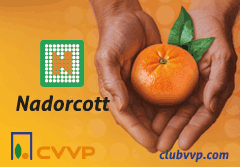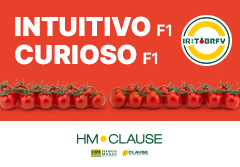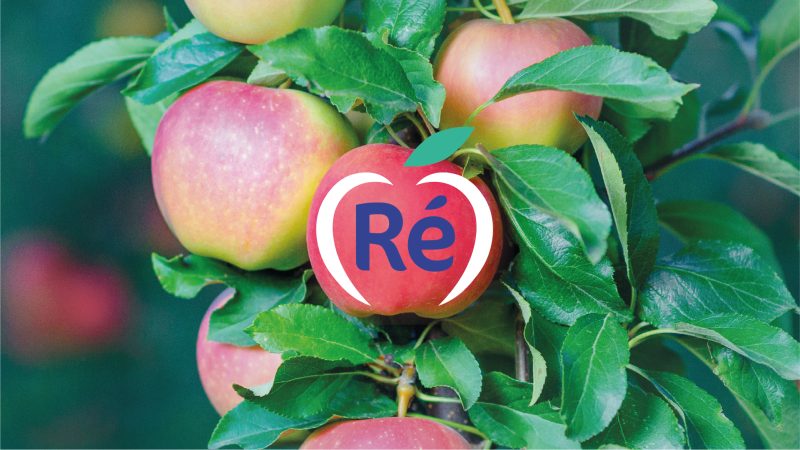This effort, officially launched in September 2023 and with a five-year timeline, aims to establish a new standard of sustainable and technologically advanced apple production.
Innovation and Sustainability as Pillars
The innovation project, running from 2023 to 2028, is coordinated by Blue Whale with the support of five main partners from agricultural, industrial, and academic sectors: Micropep, Asclepios Tech, INRAE, Purpan, and MAF RODA.
The primary goals include reducing phytosanitary product use by up to 50%, strengthening plants’ natural defenses, improving soil health through tailored agroecological practices, and minimizing fruit losses from orchard to table.
Technologies Supporting Agroecology
Among the technologies employed are biotechnology solutions developed by Micropep, which uses natural micropeptides as alternatives to conventional pesticides. Meanwhile, Asclepios Tech applies photobiology to reduce production chain losses and limit chemical inputs. MAF Roda contributes automated grading and packaging solutions to ensure optimal fruit quality.
The trials and experiments are conducted in specialized centers located in southwest France and the Loire Valley, supported by organizations like Biosphères, CEFEL, and CTIFL. These entities evaluate the impact of cover crops, biostimulants, and other sustainable practices on soil and plant health.
Context and Challenges
(Re)Generation Fruit is a research and development project for the apple industry.
The project partners adopt a systemic approach, combining various innovative technologies to enhance apple quality and contribute to global health. To tackle the current challenges in agriculture and food, the project aims to accelerate the agroecological transition of the French fruit sector towards greater ecological efficiency and economic sustainability.
International Presentation and Ongoing Collaboration
The project was presented internationally at Fruit Logistica 2024, the world’s leading fruit and vegetable event, held in Berlin. Blue Whale highlighted how collaboration between producers, researchers, and technological companies can speed up the agroecological transition.
“Communication and collaboration are essential for the success of the project,” explains Bertin. “We aim to involve every link in the value chain, from the field to the final consumer, to ensure that the results have a real impact across the entire industry.”
With a total investment exceeding €12 million, over €8 million of which is funded by a BPI grant, the consortium will continue its efforts until 2028 to validate and disseminate innovations, with the promise of results that could revolutionize apple production in France and beyond.

















